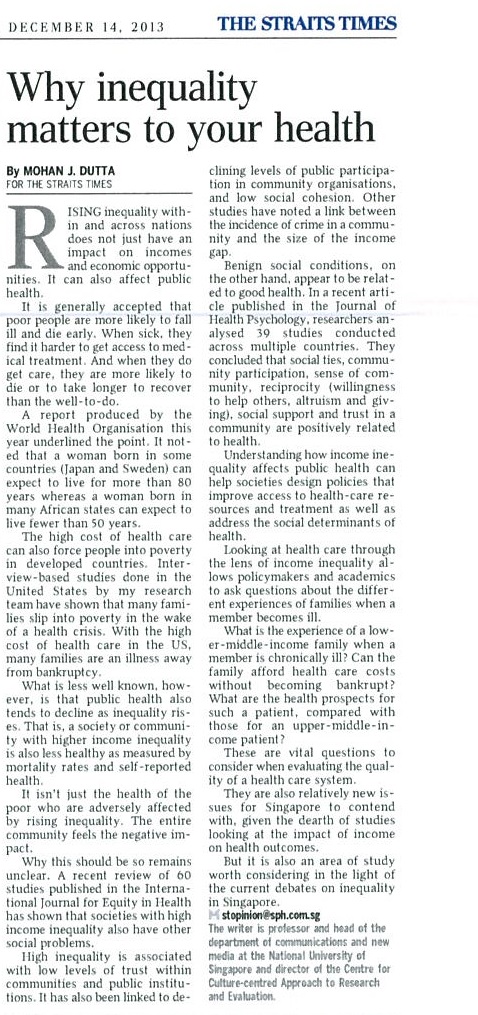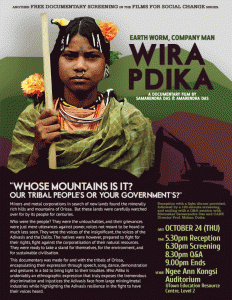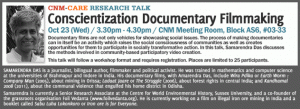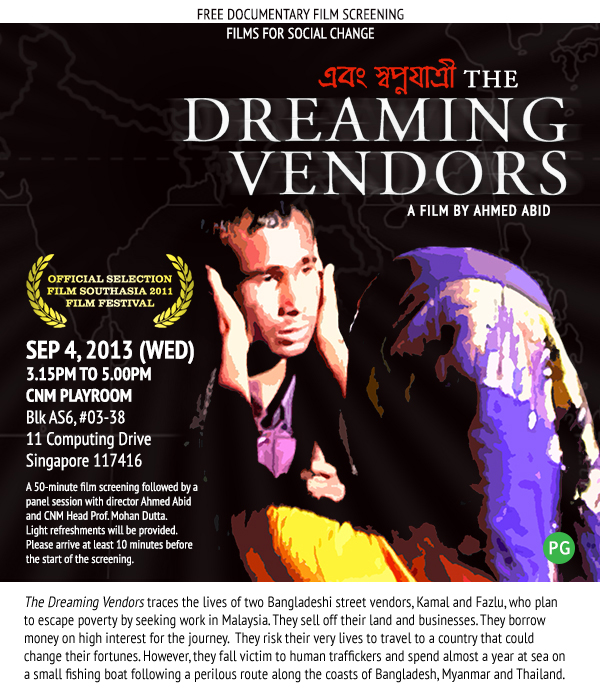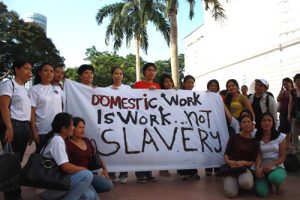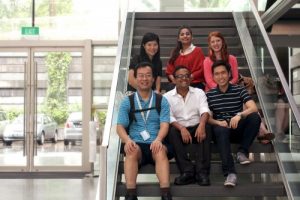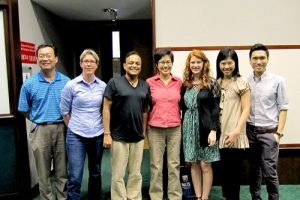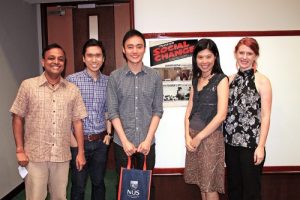Brave (verb): To endure or face unpleasant conditions or behavior with courage. This week marked our very first focus group session with 10 women who are domestic helpers in Singapore, while we continue to conduct interviews with those currently working in their employers’ homes. The word “brave” scarcely captures the depth of the stories we heard. Together, the CARE team and the focus group participants unearthed numerous challenges, injustices, and issues to confront. Amidst tears shed during the session, including his own, Prof. Mohan Dutta was confronted with the stark differences in our worlds but the striking similarity of our shared humanity. At the core, irrespective of socioeconomic status, occupation, or culture, individuals yearn to be treated with respect and dignity. The absence of these basic rights can be deeply painful.
These interviews are part of the “Respect Our Rights” Campaign, initiated by researchers at the National University of Singapore’s Centre for Culture-Centred Approach to Research and Evaluation (CARE), under the leadership of Prof. Mohan Dutta. These women who have endured mistreatment by their employers have played an integral role in shaping the campaign’s direction and execution. This campaign is dedicated to advocating for the rights of foreign domestic workers in Singapore.
Media coverage of this Campaign:
Covered by Today Online.
938 Live ‘They are making a difference’ feature
Listen in to what ‘Respect our Rights” means from Prof. Mohan Dutta
